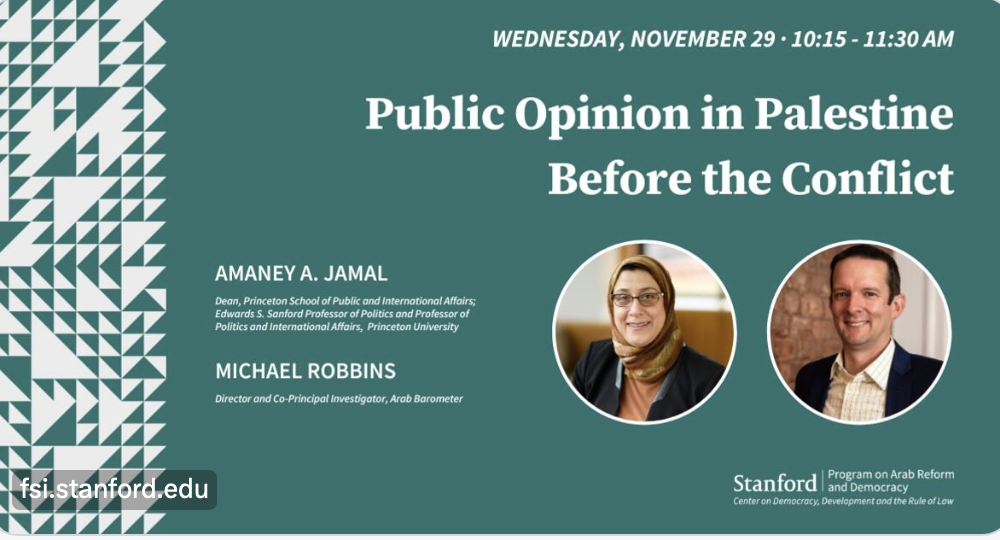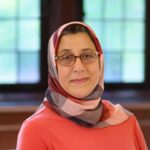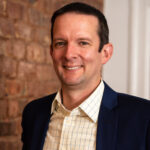
Stanford’s Program on Arab Reform and Democracy – housed at the Center on Democracy, Development, and the Rule of Law – hosted an event last Wednesday to discuss the Arab Barometer’s most recent survey, which concluded just as Hamas conducted its Oct. 7 attack on Israel.
In early October, Arab Barometer, a central resource for quantitative research on Arab countries, completed its most recent survey in Palestine, offering unique insight into the views of Palestinians living in the West Bank and Gaza. The next day, Oct. 7, Hamas launched its surprise attack on Israel.
On Wednesday, Nov. 29, Stanford’s Program on Arab Reform and Democracy presented the online event, “Public Opinion in Palestine Before the Conflict,” to discuss the survey findings in the context of the attacks. Amaney A. Jamal and Michael Robbins, two principal investigators at Arab Barometer, discussed how Palestinians view their government, their living conditions, the Israeli-Palestinian conflict, and international actors. The Program on Arab Reform and Democracy is housed at the Center on Democracy, Development and the Rule of Law (CDDRL).
“We’ve had the pleasure before of hosting the two principal investigators of the extraordinary social science research project, the Arab Barometer, and we feel extremely fortunate to be able to do so again because of the sobering importance of Arab public opinion, and more especially Palestinian public opinion, at this crisis-ridden moment,” said Larry Diamond, the Mosbacher Senior Fellow in Global Democracy at the Freeman Spogli Institute for International Studies, who introduced the speakers.
Hesham Sallam, senior research scholar, associate director for the Program on Arab Reform and Democracy, and associate director for research at CDDRL, moderated the event.
The survey “cuts through the heart of many pressing questions that are actively pondered in the public sphere at the moment, questions that are on the mind of anyone who’s trying to think through how we got to this conflict, and how we can possibly get out of it,” Sallam said.
Watch the full discussion on Stanford University's site



